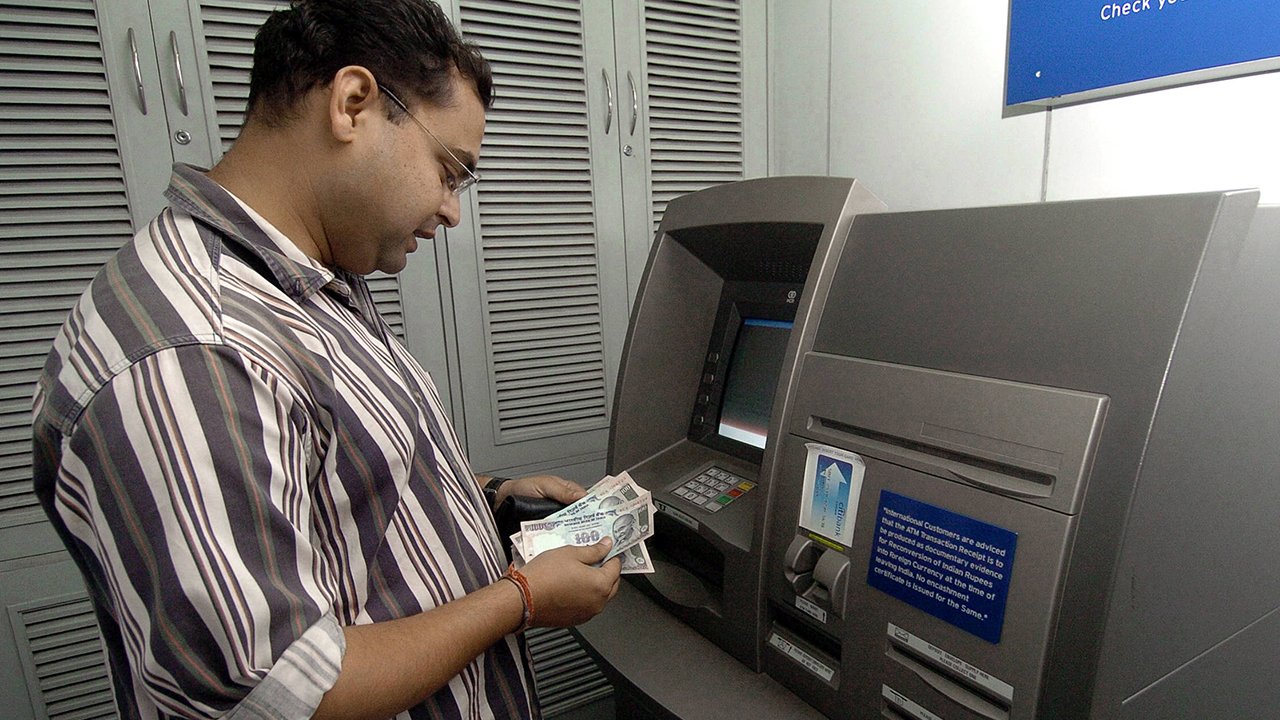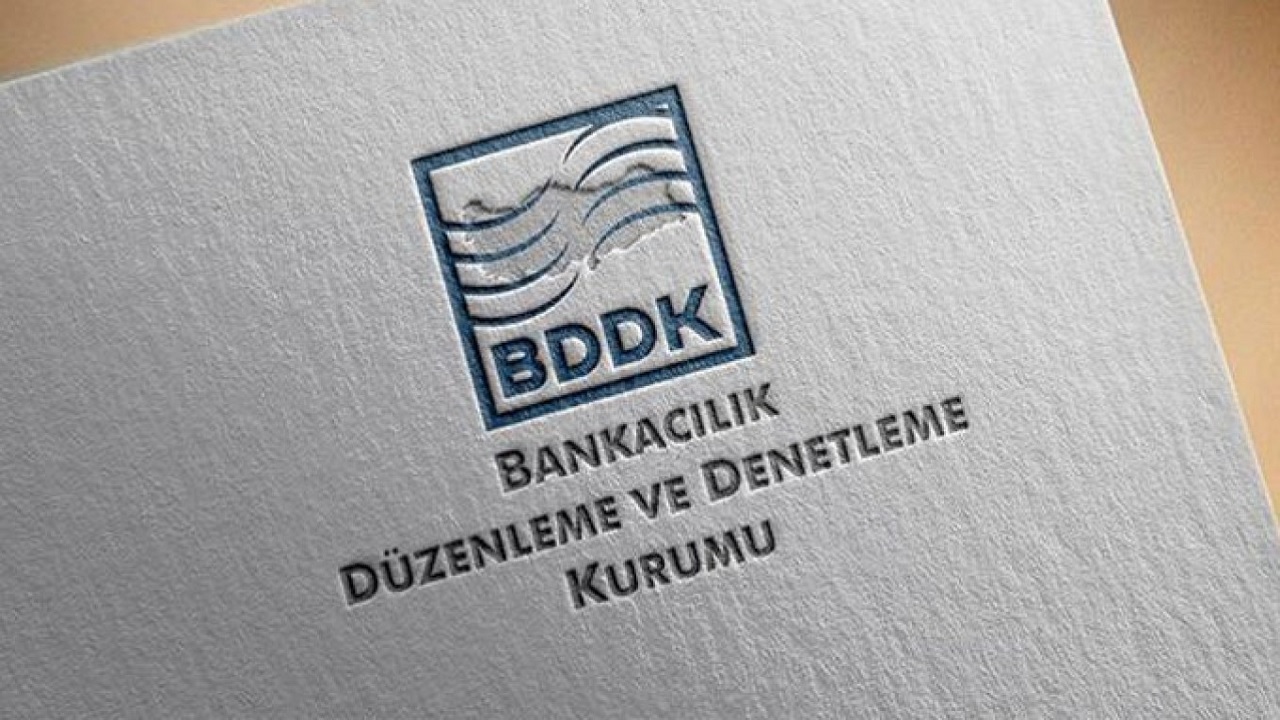There are some banking terms that we often come across even if we do not use them in daily life. One of them is the value. We hear this term more often as a value date because it refers to the time elapsed between making a transaction and its realization. Let’s examine what the value value means and how it is calculated in all details.
Economics, which is the science of money, is complex, and banking in this system is just as complicated. If you have not studied the school of this business or if you do not work in this sector, you may be confused about many issues because it has some unique terms. One of them is the value. This term, which is mostly seen as value date, It is used in this way because it describes the time between the transaction instruction and its execution.
Terms such as value date and value date are generally used to indicate the start date of an interest or loan. Because there is a period of time between the execution of a transaction and its realization. In fact, the BRSA offers new programs by making some adjustments about the value date from time to time. Bride What does the value mean and how is it calculated? Let’s examine the most frequently asked questions in detail.
Let’s start with the basics, what does value mean?
This word, which is of French origin, has passed into our language as value and in English as value. To translate directly, value means value. Generally In interest-bearing transactions, the starting date is called the value date. While it refers to the next business day in credit transactions, it refers to that day in debit transactions. Of course, it may vary depending on the application.
What does more commonly used value date mean?
In fact, we can call the actual use of the value date for the value date. Because it is generally used in the form of value date in the banking sector. The first day or the next day when the interest starts to accrue available in different applications.
For example, you went to a bank and wanted to open a time deposit account. You deposited the money and the account was opened. Even if it varies according to the bank’s policies, generally the interest starts to run the next day. That day is the value date. If the interest starts to accrue the next day, that is the value date.
Value date examples:
- The difference in days between the opening of the account and the date on which interest begins to accrue in time deposit accounts.
- In money transfers, the difference between the date of the transfer order and the transfer to the other account.
- The day on which the interest on the loan will start.

So what does sport value mean?
Although it is used as spot date in English, this term, which is known as sports value in our language, means that the dates are instructed two days later in banking transactions. That is, the transaction is instructed to take place two days after the business day, not that day or the next day.
Necessary documents for funding and similar transactions, or checking some conditions There are special procedures such as Since a certain period of time is required for the fulfillment of these procedures, the value date is determined as two days later. For example, if a transaction was entered on Monday with the sports value value, it would take place on Wednesday.
The sport value is generally two days, but depending on the status of the transaction. Sometimes this period can be three days. In such a case, if the value date is extended, there may be a change in the interest calculation. For example, if you are given three days as the sports value period in an account with a maturity of 32 days, the calculation is made over 35 days.
Another situation that varies from bank to bank is a transaction with and without a value date. According to transaction status Sometimes, the transaction can take place without wasting time. This change is experienced according to the volume of money. Since even one day value date in very large amounts can make a big difference, an arrangement is made accordingly.
You may encounter the value date on the receipt:
About the value date by the Banking Regulation and Supervision Agency BRSA arrangements are made from time to time. we told you. For example, there was a one-day value rule for foreign currency transactions over 100 thousand dollars and gold transactions over 100 grams. In other words, such a transaction could only be performed one day later.
It was possible to see this information on the receipt you received with a one-day value after such a transaction. Even if the rule changes You may still encounter this information as different value dates are used in transactions. Unfortunately, this can sometimes cause confusion.

Let’s come to the most curious subject; How is the value calculated?
There is a simple formula you can use for value calculation;
number of days the money is invested in interest / number of days with value x bank interest percentage
Let’s say you put your deposit in the bank for 30 days with 11 percent interest and 1 day value. When we apply the formula, we encounter the ratio 30 / 31 x 11 = 10.6. This means that the money you deposit in the bank with a value of 1 day for 30 days. the interest yield is not 11 percent, but 10.6 percent.
Since the value calculation is already calculated automatically by the bank, many users are not interested in this calculation process and formula. However if you know the value calculation You can protect the value of your money by making much more advantageous deals when opening a time deposit account, buying and selling, paying off loan debts and similar transactions.
Why is a value applied?
The reason for the implementation of value date and similar decisions by the BRSA, the Banking Regulation and Supervision Agency, control of financial instruments. With the value date application, the financial institution starts to pay interest after the value date. This practice turns into a successful control mechanism, especially when deposits large enough to affect the market are in question.
When such a transaction is to be made, the person is informed of the value date application with a warning such as “It will be applied with a one business day value date”. Debt, loan and interest transactions are arranged in this way. For example, in EFT transactions, you may encounter a value date. EFT value date means when the money will be transferred to the other party’s account. In other words, the instruments of both financial institutions are prepared accordingly.
A term used in banking what is the value date, what is the value date, what is the sport value date We talked about the details you need to know about this finance application by answering frequently asked questions. What we tell may vary according to current regulations or bank policies.
